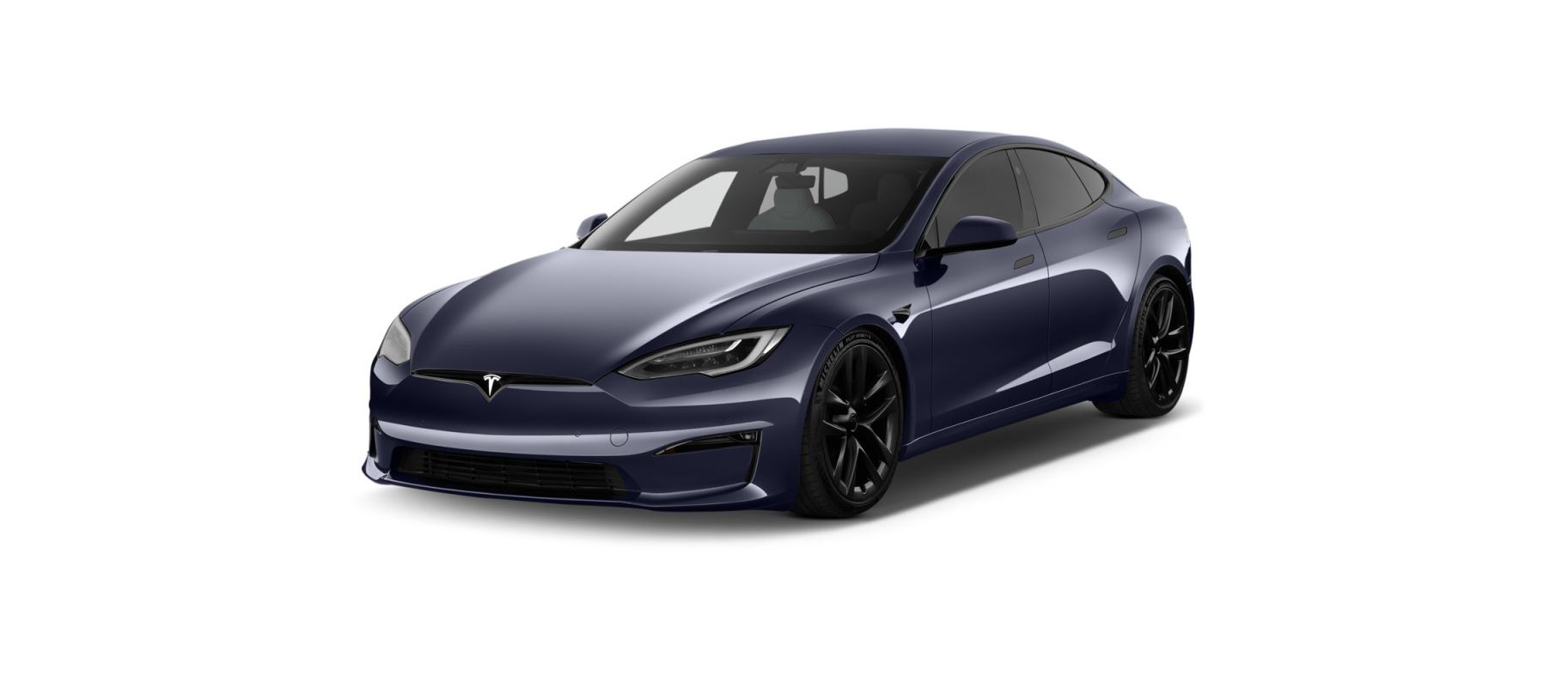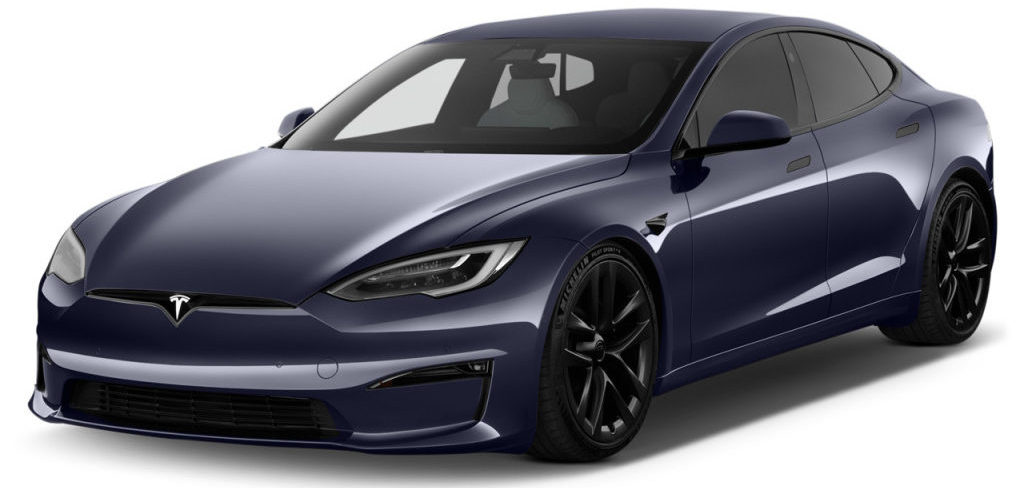Lane Departure Avoidance is designed to warn you if Model S is drifting out of, or nears the edge of, your driving lane.
Lane Departure Avoidance operates when driving between 40 and 90 mph (64 and 145 km/h) on roads with clearly visible lane markings. You can choose if and how you want Lane Departure Warning to operate by touching and selecting between these options:
- Off: You are not warned of lane departures or potential collisions with a vehicle in an adjacent lane.
- Warning: If a front wheel passes over a lane marking, the steering yoke vibrates.
- Assist: Corrective steering is applied to keep Model S in a safe position if Model S drifts into an adjacent lane or near the edge of the road.
When Lane Departure Avoidance is enabled and Traffic-Aware Cruise Control is active, if Model S drifts out of the driving lane when the associated turn signal is off, Lane Assist also checks to see whether your hands are on the steering yoke. If hands are not detected, the instrument panel displays a series of alerts, similar to those that are used when driving with Autosteer. If hands are repeatedly not detected Model S gradually slows down to 15 mph (25 km/h) below the detected speed limit, or below the set cruising speed, and the hazard lights start flashing.
Note
Lane Departure Avoidance does not warn you of lane departures or provide steering interventions, if the associated turn signal is on, which indicates an intentional lane change.
Warning
Lane Departure Avoidance is intended to help keep you safe, but it does not work in every situation and does not replace the need to remain attentive and in control. Keep your hands on the steering yoke and drive attentively at all times. Steering interventions are minimal and are not designed to move Model S out of its driving lane. Do not rely on steering interventions to avoid side collisions.






